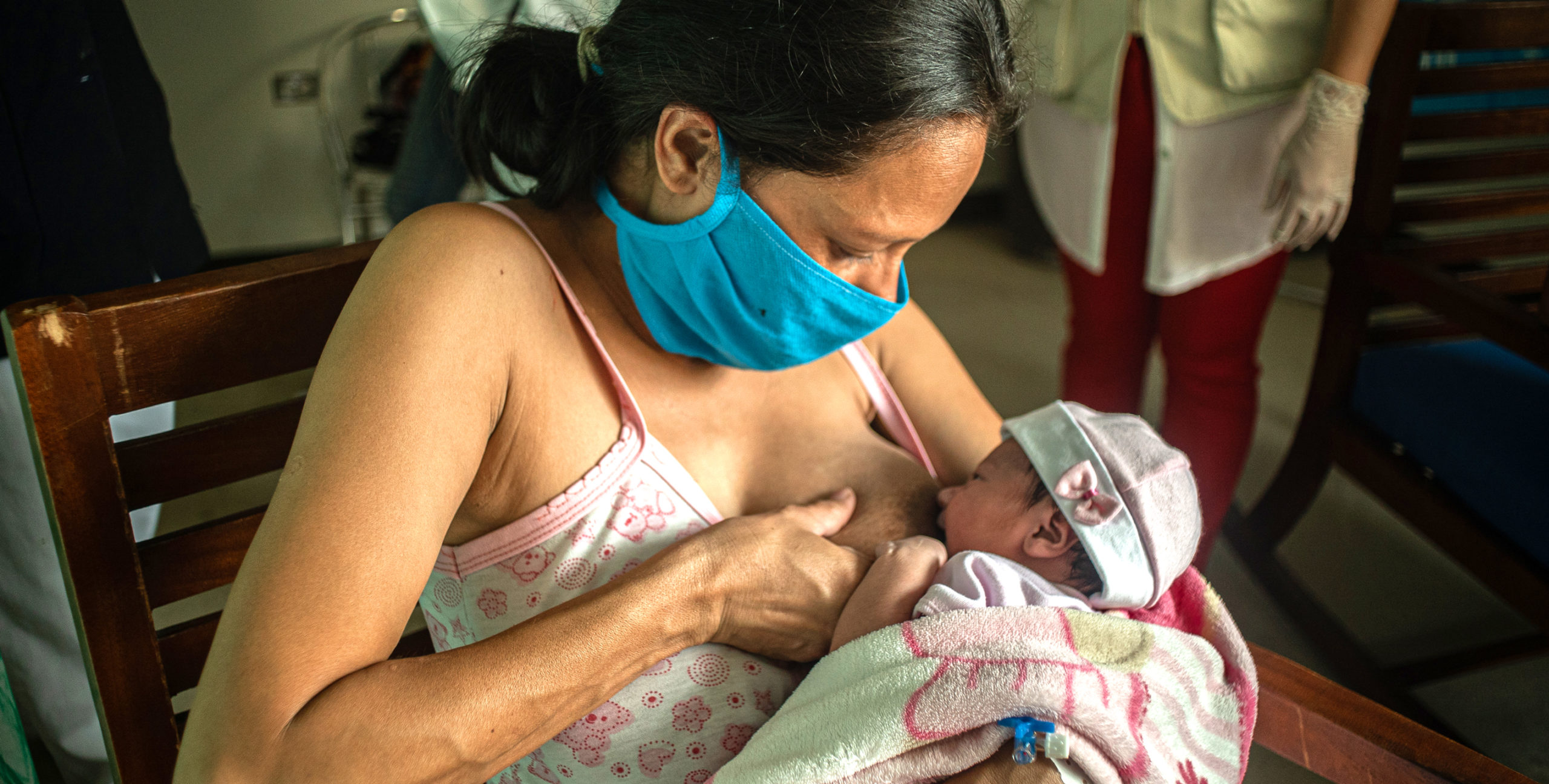
Breastmilk is not just food for babies – but a rich source of essential nutrients and antibodies that boosts a child’s immune system, brain development and saves lives. In the context of the COVID-19 pandemic, now more than ever, the global nutrition community needs to ensure that women have all the support they need to continue breastfeeding their children safely. Breastfeeding is one of the smartest investments to improve human capital, stimulate economic growth and give every child the same opportunity to survive and thrive.
To mark the start of World Breastfeeding Week from 1st August 2020, UNICEF Data has released updated estimates of key breastfeeding indicators for countries, regions and the world so that governments worldwide can monitor and track progress on recommended breastfeeding practices. The latest data highlight that there is still much work to be done.
Globally:
- Less than one in two newborns receive the benefits of early initiation of breastfeeding (recommendation is to place newborns skin-to-skin with their mother immediately after birth and to support mothers to initiate breastfeeding within one hour of birth).
- Only two in five infants under six months of age are exclusively breastfed (recommendation is to feed infants only breastmilk from birth until they turn 6 months of age).
- Less than two in three young children aged 12-23 months are still breastfed during their second year of life (recommendation is for breastfeeding to continue for up to 2 years of age or beyond).
For more information on World Breastfeeding Week and the Global Breastfeeding Collective, please visit: www.globalbreastfeedingcollective.org